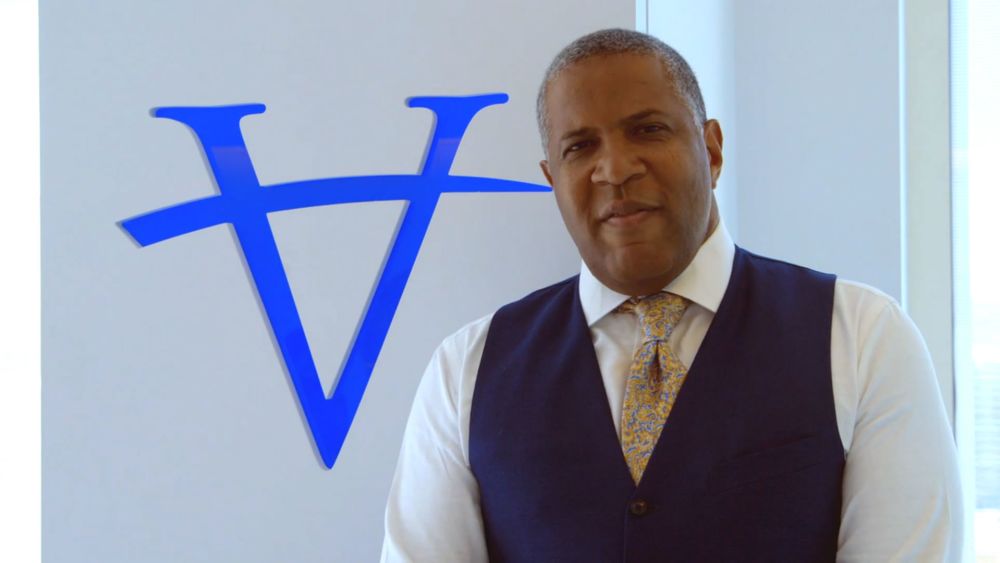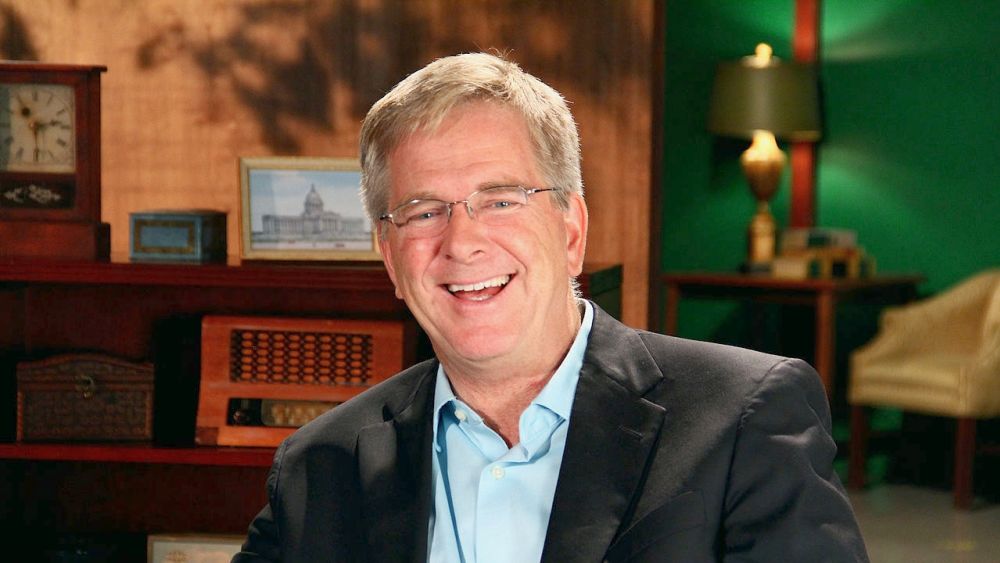Mr. Money Mustache: Preaching a Different Means to Make Ends Meet
Greggory Moore | Best of Best

image by: Investment Zen
The price of overspending can be counted not merely in the cost of each excessive or needless purchase, but also in how such a lifestyle cuts into your financial freedom. But a young retiree is looking to guide others in a different direction.
Recently a friend mentioned that one of his roommates had just retired. This might not have been noteworthy, except this group of roomies are twentysomethings.
A month later I ran into Jordan, the young retiree himself. My first question was how he was enjoying his retirement. My second was: WTF? It was in the answer to the latter that I first heard of Mr. Money Mustache, an inspirational figure working to help others realizes that realizing the American dream is not tied to the typical American way of life.
Mr. Money Mustache along with his wife studied engineering and computer science at university in Canada, then worked what he calls "standard tech-industry cubicle jobs" the late 1990s and early 2000s. What they did that was less standard was save enough to retire at age 30, a feat they achieved "simply by living a lifestyle about 50% less expensive than most of our peers and investing the surplus in very boring conservative Vanguard index funds and a rental house or two."
In 2011, now six years into retirement and still enjoying "a frugal yet badass life of leisure" despite now having the additional expense of a child, Mr. Money Mustache started his blog in response to often hearing his friends and former co-workers "constantly complaining about how hard middle-class life is these days."
"The whole country seemed to be displaying the same odd behavior: living ridiculously expensive lifestyles while thinking they were completely normal, and then being baffled when they had no money left over to buy their own freedom," he says. "[…] So I decided to start this blog to share some of the secrets of how all this can be done."
The Mr. Money Mustache website is a compendium of over 200 blog posts on topics ranging from to attacking debt as a financial emergency to an investment strategy centered gradually accumulating low-cost index funds to eliminating unnecessary (or even all) car trips and acquiring a cheap, used, fuel-efficient car.
There's also not a little bit of philosophy in the Mr. Money Mustache message, much of which homes in on the question of habit. A paragonic post is "Luxury is Just Another Weakness", which equates the love of luxury with dependence on any substance.
"Coffee gives you a little boost," he writes. "Alcohol makes you a bit more silly and friendly. Ibuprofen lowers your swelling and fever and can really cut down the misery of a cold or flu. Marijuana is amazing for bringing out creative ideas and highlighting the texture and humor in life, and the list goes on. But the key to all drugs is that they come with a balance of positive and negative effects. So only a fool would overdose on any of them in a breathless pursuit of their positives, while ignoring the well-documented negatives. Luxury behaves in exactly the same way. […] You can dabble in luxury, without becoming a whining slave to it, just by understanding the concept that luxury is a drug."
There is, however, a catch to following the Mr. Money Mustache model to a retirement in your 30s: you've got to work for a bit at a job that pays decently, because you've got to save up enough to get your money really working for you, rather than the other way around.
Fortunately for Jordan, he fit the bill. Graduating at age 22 with a B.S. in mechanical and aeronautical in engineering, Jordan immediately landed a job with a $62,000/year salary. Because his parents had saved up enough to pay for his tuition, and because as an adolescent he had grasped the idea of saving for the future enough to have $10,000 in savings by the end of high school and worked continuously through college, Jordan began his career debt-free, which he says gave him a big boost starting out. (In fact, Mr. Money Mustache says all debt should be treated as an emergency to be dealt with before any further monetary steps are taken.)
But despite his natural parsimony, Jordan indulged in one bit of what Mr. Money Mustache calls "lifestyle inflation." "I lived in a pretty nice place," Jordan says. "I spent a lot more on rent, because, you know, I could afford it now, so it didn't really bother me. But besides that, I really still lived much like a college student."
Knowing little about the world of finance, Jordan says he was on "autopilot," simply socking away his money into a savings account, which yielded interest at a rate lower than that of inflation. Then, after about five years he discovered Mr. Money Mustache, where he learned about index funds, among other tidbits. In short order he had transferred his entire savings into index funds, which has yielded a return rate of over 15 times what he was getting formerly.
Many of Mr. Money Mustache's top tips were already part of Jordan's way of life. He was car-free, bicycling everywhere he could, including to work. He rarely went out to eat, even taking to dumpster diving (more because of the principle of minimizing food waste than saving money), which meant a large percentage of his meals were free. But Mr. Money Mustache focused Jordan's discipline even further, while putting him in mind of the possibility of having to work for a relatively small portion of his life.
"A lot of what he says are things I already did or kind of had in my head at the time," he says, "so seeing it written down, seeing that other people were doing it, kind of solidified for me what I was doing, [which helped] cement my mindset on saving my money to focus on early retirement."
Meanwhile, Jordan watched virtually all of his coworkers give into the lifestyle inflation that Mr. Money Mustache warns against.
"Engineers tend to drive fast cars and buy big houses, and I didn't do any of that. They would go out to lunch every day and spend ten bucks on a meal, while I always brought my lunch to work. […] One coworker the same age as me immediately bought a $30,000 car and house—which he instantly regretted it because of upkeep—and ended up putting himself in a lot of debt, and that required him to work, because now he's got all these massive payments. On the other hand, I just rented a house, rode my bike to work, had a crappy car—and the end result is that I was able to quit my job and don't have to work. I think that's totally worth it."
One deviation Jordan has made from the Mr. Money Mustache plan is that, rather than working continuously until he can retire permanently (which, according to Mr. Money Mustache's formula, is when your yearly expenses add up to only 4% of your total savings), Jordan is opting for temporary retirement to give himself a break from a career that was beginning to wear on him.
"To retire permanently [based on Mr. Money Mustache's formula] would have taken 10 years of additional work. Retiring permanently at the age of 38 is pretty nice, but I felt that I could take a few years off, take a breather, work some more, and maybe retire when I'm 45. That's still way earlier than 99% of the people out there."
Even with temporary retirement, Jordan finds himself the envy of pretty much everyone who hears his story. Nonetheless, he has yet to make any converts to the Mr. Money Mustache way.
"Friends will suggest going out to each, and I'll say, 'Well, you know, we could stay home and cook, and you could save that $10 for the future, put it in savings or invest it,'" he says. "I'm trying to get people to think that way, and maybe it will give them a little bit more of a cushion in their savings. But so far I haven't really converted anyone completely. They sort of see where I'm coming from, but a lot of people sort of need that instant gratification. They're at the store, they see something they like, and they buy it without really thinking about it. They have that income, and they automatically want to be spending that money. It's a temptation that you have to fight against."
Mr. Money Mustache himself makes the same point in a variety of ways, such as in his post on overspending on groceries, in which he notes "the amazing variety of spending levels we all have available to us here in the United States. It is simultaneously one of the cheapest industrialized countries in the world to live in, and the most expensive. It all depends on the choices you make in your shopping, because everything in the world is available right here for your buying convenience."
While not everyone may find benefit from a high-income career that facilitates a 30-something retirement, Mr. Money Mustache's financial worldview is one that can benefit earners at most all levels. The bottom line is that you are probably spending far more than you need to be. Adjusting your mindset can liberate you from the need to work so much or for so long.
About the Author
Except for a four-month sojourn in Comoros (a small island nation near the northwest of Madagascar), Greggory Moore has lived his entire life in Southern California. Currently he resides in Long Beach, CA, where he engages in a variety of activities, including playing in the band MOVE, performing as a member of RIOTstage, and, of course, writing.
His work has appeared in the Los Angeles Times, OC Weekly, Daily Kos, the Long Beach Post, Random Lengths News, The District Weekly, GreaterLongBeach.com, and a variety of academic and literary journals. HIs first novel, The Use of Regret, was published in 2011, and he is currently at work on his follow-up. For more information: greggorymoore.com

Introducing Stitches!
Your Path to Meaningful Connections in the World of Health and Medicine
Connect, Collaborate, and Engage!
Coming Soon - Stitches, the innovative chat app from the creators of HWN. Join meaningful conversations on health and medical topics. Share text, images, and videos seamlessly. Connect directly within HWN's topic pages and articles.
















